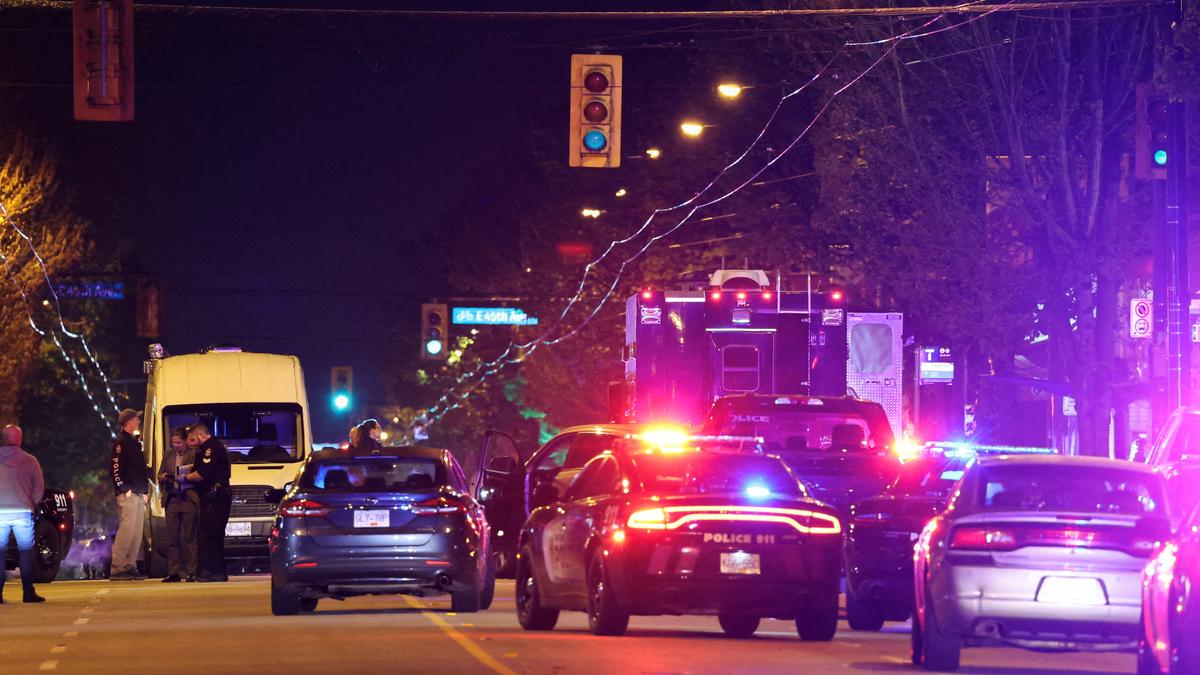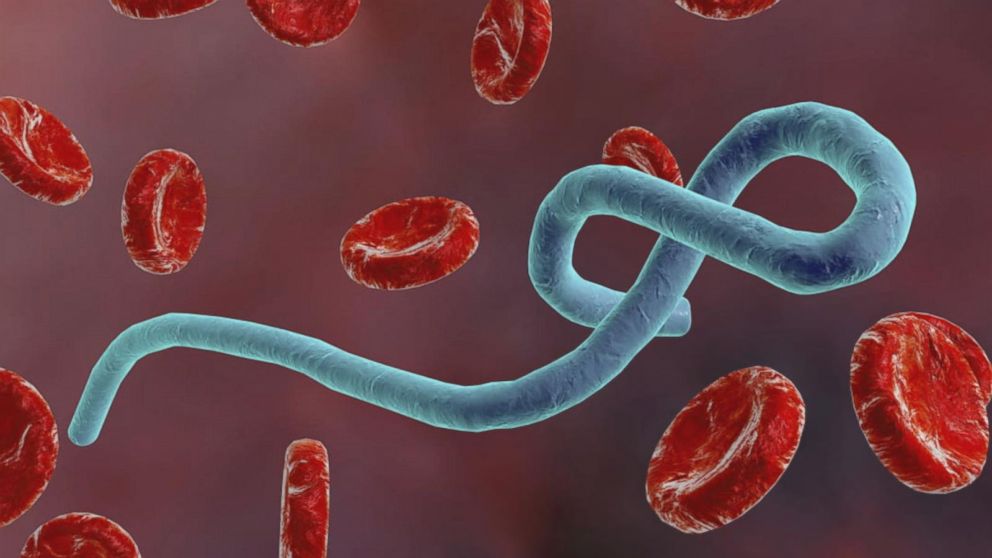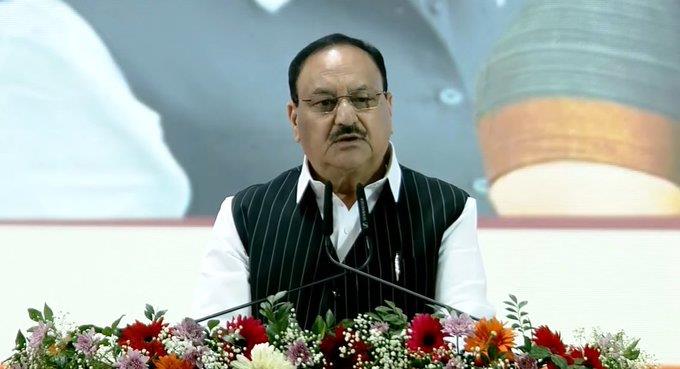22 persons die by suicide every day in Telangana.
Thu 09 Dec 2021, 17:33:52
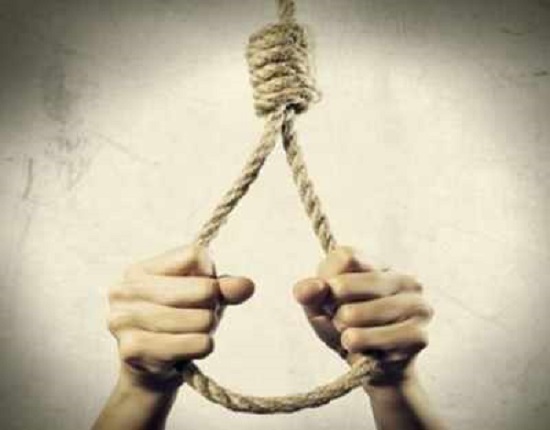
Around 22 persons die by suicide every day in Telangana. That is, almost one person every hour. And this number has been on the rise, from 7,670 deaths by suicide in 2017, to 8,058 in 2020.
Many of those who took to the noose, or jumped into lakes, or consumed poison to take their lives, still had a lot of life left ahead, with psychologists saying most of those who resorted to the extreme step were men in the age group of 35-40, followed by much younger people, including students. According to the data from the National Crime Records Bureau (NCRB), about 52 per cent of suicides in Telangana in 2020 were due to family disputes.
Young adults need extra support
At a time when young minds should be occupied with dreams of their bright future, several are haunted by the thought of ending their lives.
“The peer pressure to succeed academically, and later professionally in life, is immense,” said psychiatrist Dr Manzher Ali, who was part of a suicide prevention squad appointed by the State government for students.
“Earlier, people weren’t a part of this rat race that today’s kids have to endure. Right from the beginning, they are told that if they do not excel academically, they won’t secure a good job and thus won’t have a successful life. Hence, we see so many suicides and attempts at suicide just before results are announced,” he said.
Dr Baijesh Ramesh, clinical psychologist and mental health counsellor, who has worked extensively on suicide prevention, said the impulsive decision to take one’s life was certainly on the rise.
“Today’s young crowd deals with a lot of stress, from educational to career and even social interactions. In many cases, issues like anger management,
anxiety or panic attacks are evident for some time. However, these behavioural patterns are reprimanded rather than extending support to the person. Parents and teachers at schools/colleges need to be very vigilant in such cases,” he said.
anxiety or panic attacks are evident for some time. However, these behavioural patterns are reprimanded rather than extending support to the person. Parents and teachers at schools/colleges need to be very vigilant in such cases,” he said.
Family frustrations:
On family disputes triggering many of the suicides, Dr Nagalakshmi Thupkar, consultant psychiatrist, KIMS, said that since the family was the biggest support system for many, the smallest of arguments at home could ruin the entire day.
“Back in the day, people lived in joint families, and thus most conflicts were resolved by talking. Today, families have become nuclear. To portray themselves as a happy family, people do not share their problems with other relatives or friends. Thus there is no venting point,” she said.
Pointing out that men between the age group 35 to 40 are the ones resorting mostly to suicide, Dr Ramesh said this group had the responsibility of being the breadwinner, running the household and at the same time, taking all major decisions for the family.
“Add to it the social stigma that men are never weak. In most cases, these men have no venting point. They deal with depression alone, until one day they decide to give up,” he said.
Covid havoc:
As if these were not enough, the pandemic wreaked more havoc. While the virus only made the body ill, the fear and anxiety severely impacted mental health more.
“We definitely saw many Covid-related suicides in the last year. While initially, everyone enjoyed the time with family, slowly the isolation started haunting people. Minor domestic issues became more pronounced. Many people faced severe financial loss. The fear of the virus too drove many to take the drastic step,” Dr Thupkar said.
No Comments For This Post, Be first to write a Comment.
Most viewed from Hyderabad
Most viewed from World
AIMIM News
Latest Urdu News
Most Viewed
May 26, 2020
Do you think Canada-India relations will improve under New PM Mark Carney?
Latest Videos View All
Like Us
Home
About Us
Advertise With Us
All Polls
Epaper Archives
Privacy Policy
Contact Us
Download Etemaad App
© 2025 Etemaad Daily News, All Rights Reserved.



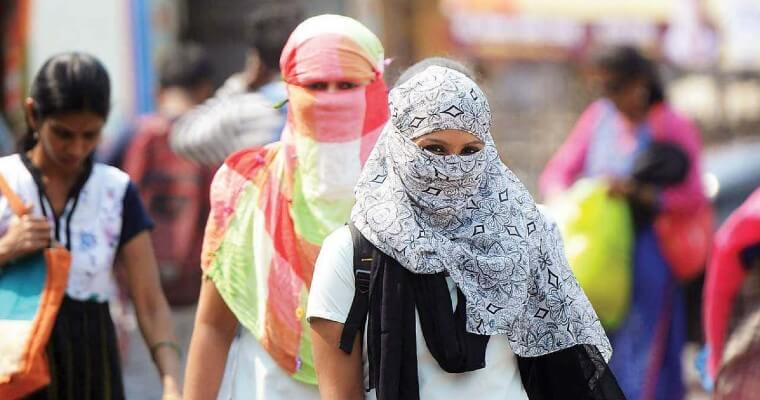
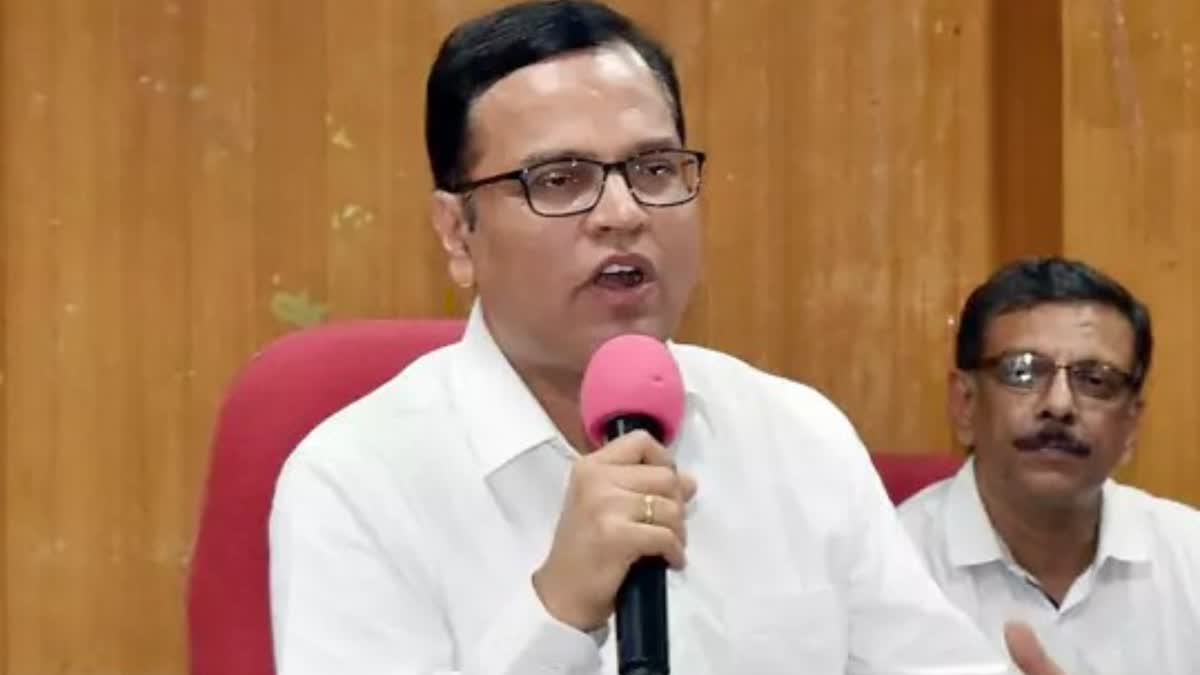


.jpg)
.jpg)
.jpg)
.jpg)
.jpg)
.jpg)




